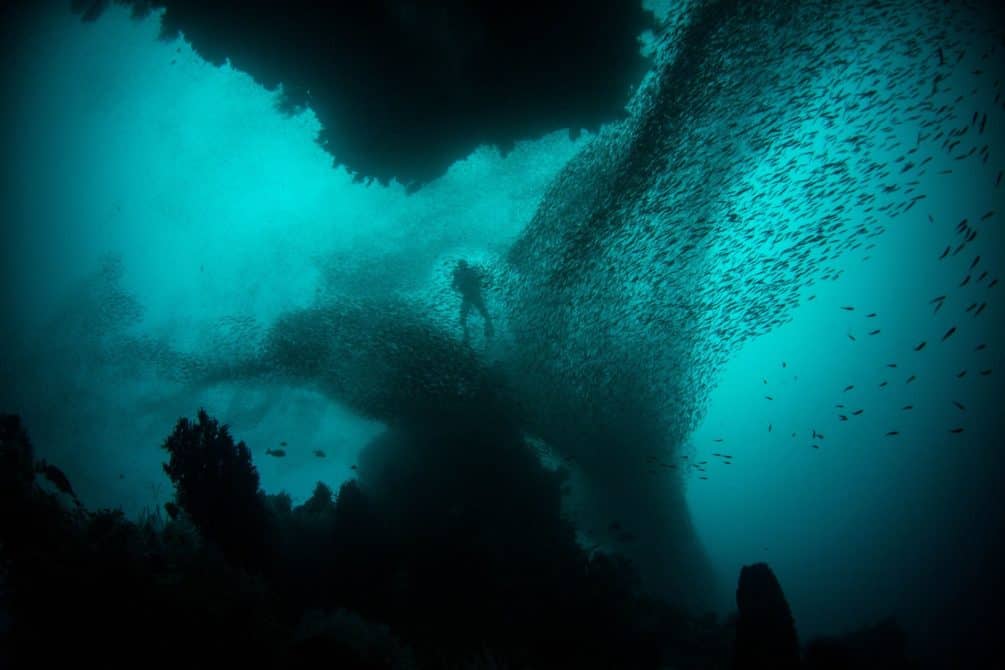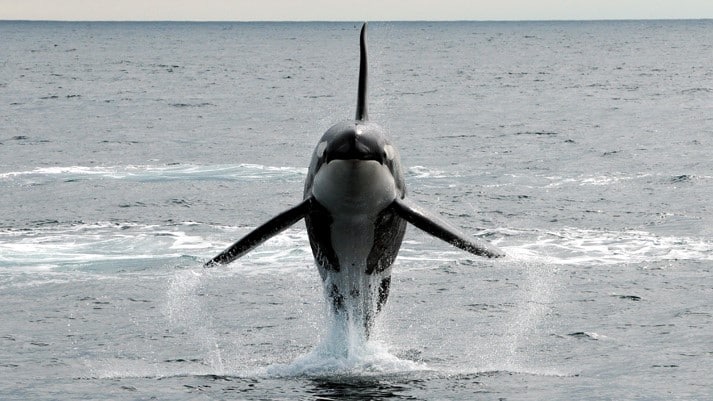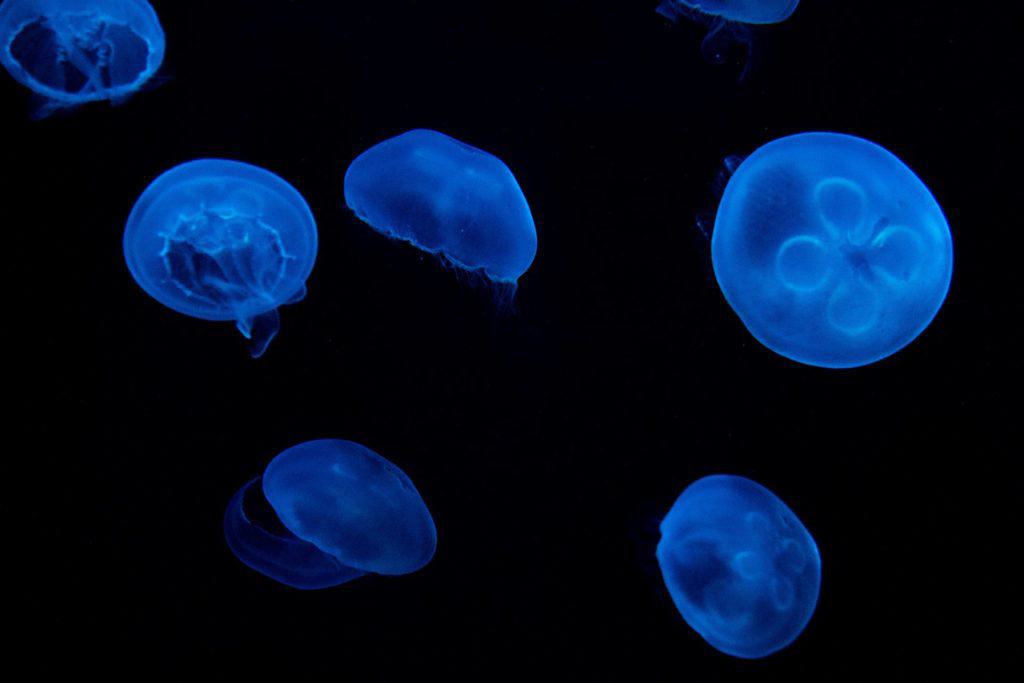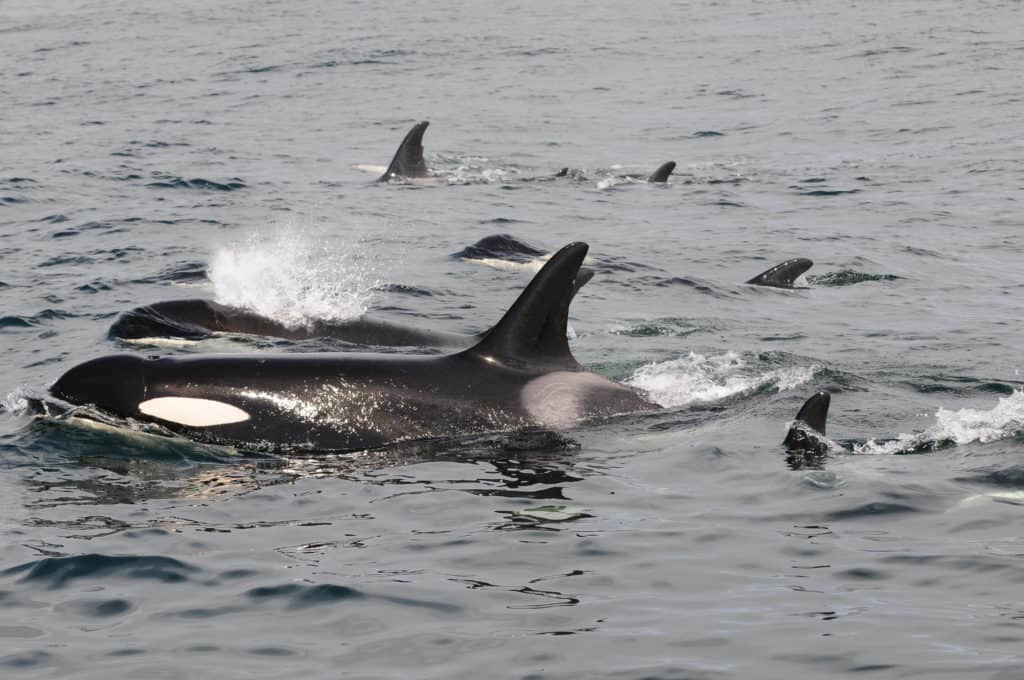
Unexplored Oceans
Understanding our ocean is essential to our future, yet ocean depths are still 95% unexplored. We know more about space than we do about the ocean. And there is a lot of ocean to explore, with incredible depths that are almost impossible to reach. Almost.
We know little about ocean life and processes. It is a big ocean with lots of room for everyone to make discoveries, including you. Citizen science programs offer different ways to contribute, from community habitat mapping projects to interpreting deep-sea data.
Scientific ocean exploration involves international cooperation. It requires teamwork. The next generation of scientists do much of the primary work, learning the ropes from mentors in their fields. New technologies are created and improved for data collection. That data is crunched using super computing power and crowd-sourcing, citizen science resulting in better predictions using new mathematical modeling.
New ways of exploring are redefined. Collaborations from animators, videographers, mappers, designers, buildings and operators of satellites, underwater vehicles, ships and submarines and their crews (including the cooks) allows us to see under the surface and explore new depths. Science and discovery requires teamwork.
You can get involved with research as well. Anyone can! Be a citizen scientist, and contribute real data to active research projects. For example, If you see a Cetacean (porpoise, dolphin or whale) anywhere in the world, you can report it to the BC Cetacean Sightings Network. This is helping researchers understand populations of whales found in BC and, since most whales are migratory animals, these whales can be seen all over the world.

Science and technology will not solve all of our ocean exploration needs. Both the ocean and human societies are large and complex, and they are getting less predictable. We must look inward as well as deep into the sea to explore how to truly sustain the ocean and ourselves.
The challenges of working together, respecting and trusting each other, are now more important than ever. In Canada, there is a new respect for traditional ecological knowledge as an important contributor to ocean science, as we work for reconciliation. The roles of art and emotion in changing behaviours are emerging as powerful conservation tools. It is with respect, and support of change and broader knowledge, that we can achieve ocean conservation success together.
One of the most fascinating discoveries that has been made through ocean exploration is the discovery of bioluminescence! Scientists have seen organisms glowing in the dark waters of the ocean depths.

With this knowledge, humans can work together to achieve the United Nations Sustainability Goals. With our understanding of the ocean, we can work towards the goal:
14.A Increase scientific knowledge, develop research capacity and transfer marine technology, taking into account the Intergovernmental Oceanographic Commission Criteria and Guidelines on the Transfer of Marine Technology, in order to improve ocean health and to enhance the contribution of marine biodiversity to the development of developing countries, in particular small island developing States and least developed countries
Posted January 17, 2022 by Meighan Makarchuk

